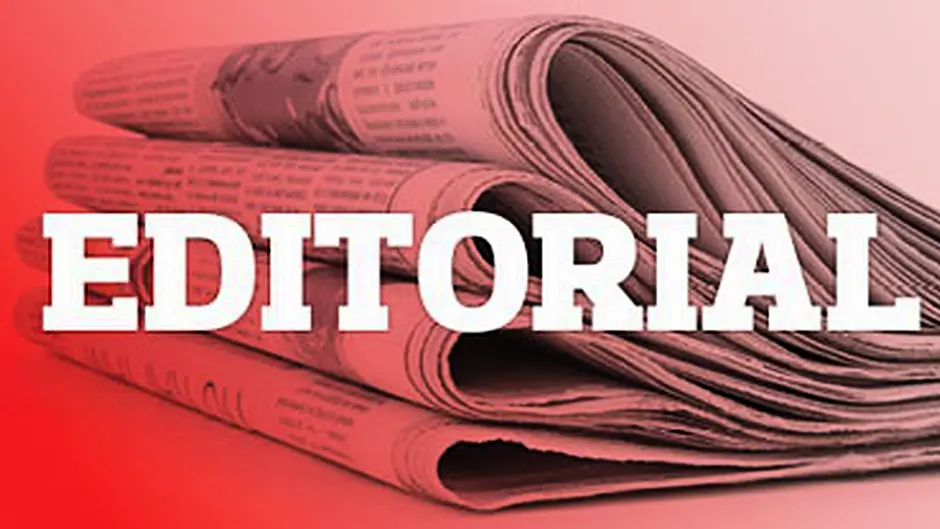Entering 2019, the momentous year just gone will take some beating, but there is no doubt that this new year, too, will have its own claims to fame and notoriety, and the great – and frightening at the same time – thing about it i
ENTERING 2019, the momentous year just gone will take some beating, but there is no doubt that this new year, too, will have its own claims to fame and notoriety, and the great – and frightening at the same time – thing about it is that none of us know what to expect.
Certainly, that was the case in 2018 when it came to Brexit and the ongoing unsuccessful attempts to agree a withdrawal deal between the United Kingdom and the European Union. The uncertainty began in earnest when the majority of the people across the UK voted in June 2016 to leave the EU and, in the two and a half years since, it has got progressively worse.
Even though she survived a vote of confidence in her leadership of the Conservative Party, British Prime Minister Theresa May has postponed the British Parliament vote on the current withdrawal deal until later this month on the excuse that she is seeking further clarification and guarantees from the EU around the backstop clause to prevent a hard border between Northern Ireland and the Republic. In reality, this is only a stalling tactic to buy time in the vague hope of some miraculous sea change of opinion that would swing the vote her way.
It is just postponing the inevitable defeat that perhaps will lead to an extension of time under Article 50 of the Lisbon Treaty beyond the March 29th deadline set for the UK withdrawal in order to avoid it crashing out of the EU without a deal, which would severely damage the prospects of a favourable future trading relationship between the two sides.
If a second attempt at passing a withdrawal agreement is subsequently rejected in the British Parliament, then a scenario could arise whereby a second referendum on Brexit might be called, but whether this would be about the deal being offered at that stage or a revisiting of the original leave or remain question is a moot point now. Whatever happens – and no doubt a lot will – we are still likely to be another year wearier of Brexit by this time next year.
Even though Mrs May has the confidence of her own party and her leadership cannot be challenged again until December this year, she does not have a majority in the House of Commons and is still depending on the even more intransigent Democratic Unionist Party to prop up her minority government. They won’t support the current withdrawal deal because of the backstop. Full stop.
Here in Ireland, the renewal of the Confidence & Supply Agreement that will see Fianna Fáil continue to prop up the Fine Gael-led minority Irish government should ensure political stability of the kind that is lacking in the UK as the Brexit saga rumbles on, seemingly interminably. However, if a withdrawal deal is unexpectedly agreed or if the UK crashes out this year, is there any reason to continue the Confidence & Supply Agreement to 2020 given the current government’s abysmal record on the provision of social housing and public healthcare?
We will definitely have local and European elections at the end of May, but don’t rule out a general election here this year either. Already, the political parties are on an election footing.
But, the big question is whether or how much these elections will exercise the public? Last year, the issue of abortion provision through the repeal of the 8th amendment proved emotive enough to get people out in their droves to vote, especially younger voters, but turnout for the presidential election was way down.
Typically Irish, the roll-out of termination of pregnancy services here this week seems like hit and miss, and is anything but satisfactory. Hopefully, the safety of patients is not going to be compromised by such haste, seemingly, for the sake of it.
Finally, dare we hope that Minister for Communications, Climate Action and Environment Richard Bruton can deliver tangible progress this year on two very important fronts that come within his brief? The roll-out of high-speed broadband is very important to rural areas such as West Cork, but of greater importance to all of humanity is action to mitigate the effects of climate change, especially given the weather extremes we witnessed during the past year; the implementation of the Paris Agreement of 2015 needs to be urgently stepped up.







